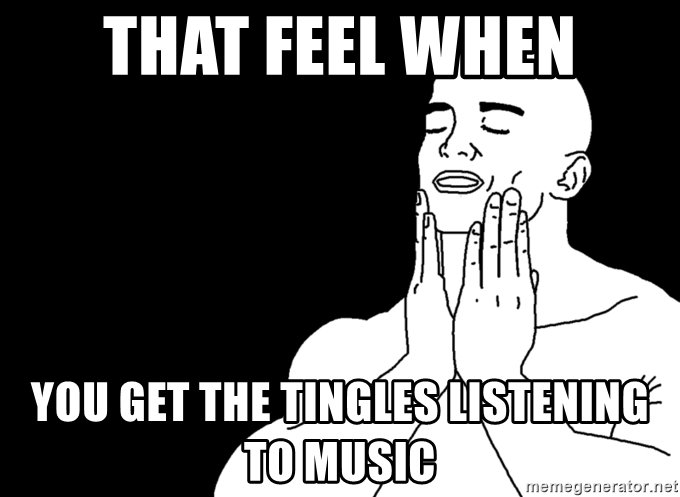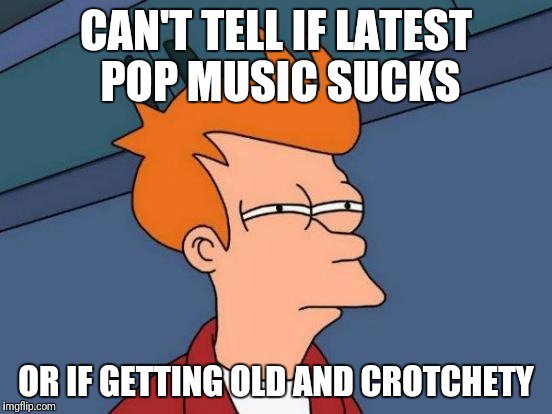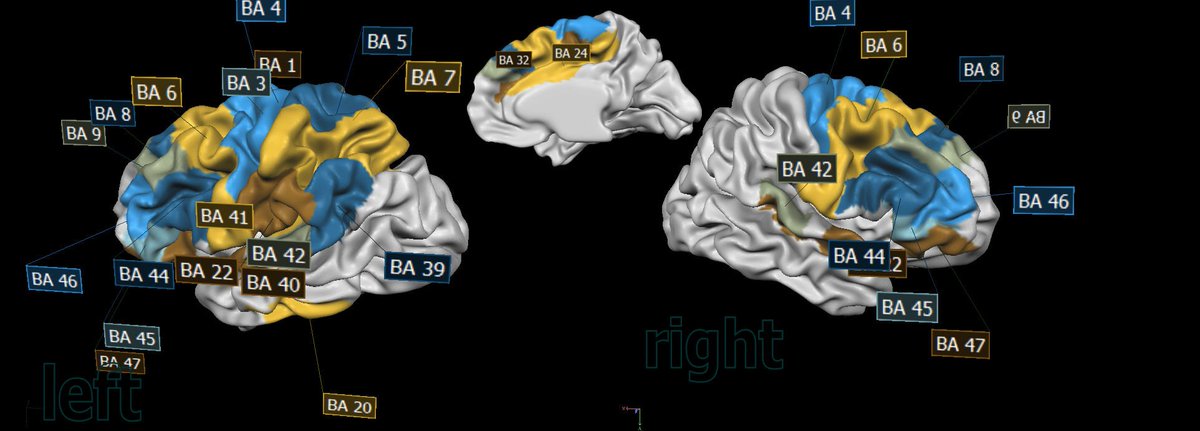
...but the neat thing is, it doesn't require a lot of expertise!


journals.plos.org/plosone/articl…
journals.plos.org/plosone/articl…
nature.com/articles/srep0…
nature.com/articles/nn.27…
Also your limbic system:
theatlantic.com/health/archive…
(Also, shoutout to my ACTUAL REAL-LIFE FRIEND Emily Carlson, who is amazing)








